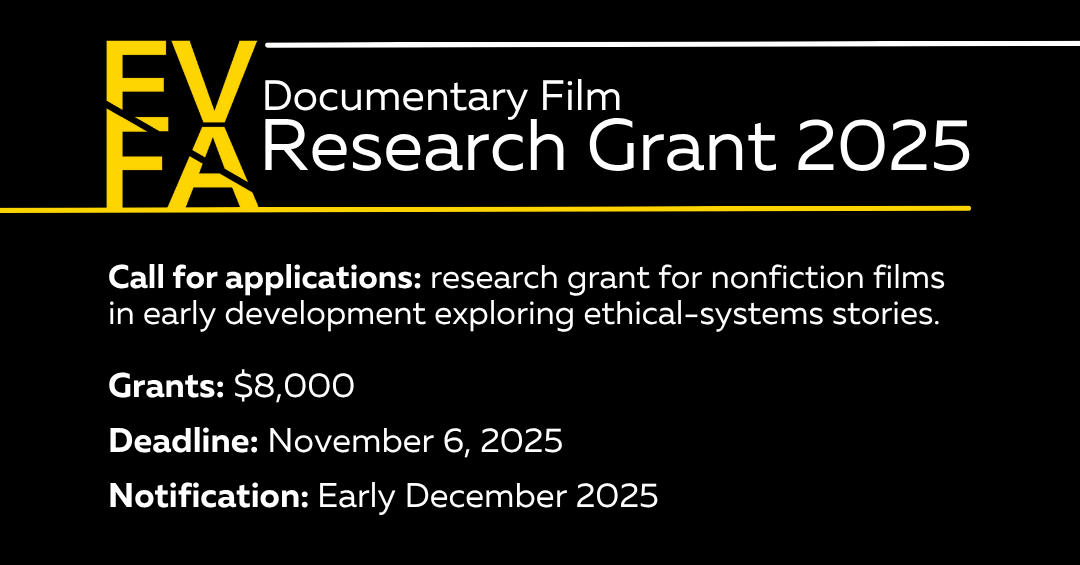This is a linkpost for https://rethinkpriorities.org/publications/farmed-fish-corporate-commitments
Short summary
- I estimated the cost-effectiveness of seeking commitments from retailers in France, Italy and Spain to sell only farmed fish that are stunned before slaughter.
- While this intervention could potentially affect 2 to 36 fish per dollar spent, the short duration of fish slaughter means this is equivalent to improving only 0.4 to 10 fish hours per dollar.
- The relatively short amount of time affected limits how cost-effective this intervention appears when compared to other promising animal and human interventions, except perhaps under frameworks that prioritize averting short-duration but high-intensity suffering.
- Support for this intervention could potentially be justified on account of moral and empirical uncertainty around the severity and duration of pain, or to help lay the ground for future farmed fish welfare interventions.
Longer summary
- I estimated how cost-effective seeking farmed fish slaughter commitments from retailers might be in Europe using a Monte Carlo simulation model. I focused on France, Italy, and Spain because of the large scale of consumption of farmed fish species (Gilthead Seabream, European Seabass, and small Rainbow Trout) that don’t benefit from stunning in these countries.
- My estimates suggest that, if initial pilot work proves successful, future marginal spending in these countries could potentially benefit between 2 and 36 animals per dollar spent. This is somewhat below estimates of historic chicken campaigns (10 to 280 animals per dollar), but is plausibly comparable to marginal chicken grants once decreases in cost-effectiveness are taken into account. However, the number of animals affected is several magnitudes lower than estimates of ongoing shrimp stunning efforts (880 to 1900 shrimp per dollar per year).
- Farmed fish slaughter commitments might only affect between 0.4 and 10 fish hours per dollar. This is several orders of magnitude shorter than estimates for historic chicken campaigns (10 to 120 chicken years per dollar), largely reflecting the very short duration of fish slaughter (5 to 40 minutes for Seabream and Seabass) compared to the lifespan of layer hens and broilers.
- Farmed fish slaughter commitments do not look cost-effective using an estimation method that prioritizes duration and does not assign a high moral value to averting intense suffering. Using philosophical assumptions and placeholder estimates from the Rethink Priorities Moral Weights Project, I estimated the cost-effectiveness of farmed fish slaughter commitments to be between $10.4K and $114M per DALY averted. To put these numbers in context, $50 per DALY averted is considered a proxy for some of the most promising human global health and development interventions. The best animal interventions are often considered to be even more competitive than this.
- But farmed fish slaughter commitments could seem more competitive in estimation frameworks that prioritize averting the most intense types of suffering. Fish slaughter commitments beat a theoretical funding bar of $50 per DALY in 50% of simulations for someone who was willing to avert 1 year of fish suffering during slaughter over gaining 72 years of human life at full health.
- Allocating resources for farmed fish slaughter corporate commitment work could potentially be justified on account of moral and empirical uncertainty around the duration and severity of pain. It could also be justified to better understand the tractability of fish welfare work in these countries, and to help lay the ground for non-slaughter welfare improvements (for example, by getting retailers to recognize that fish are sentient).
- Corporate commitments for non-slaughter welfare improvements have the theoretical potential to look more cost-effective than slaughter improvements. But further work needs to be done to establish what the most tractable asks might be. It’s also unclear how competitive such interventions will look once the costs of developing consensus for specific welfare asks and running feasibility pilots is taken into account.



